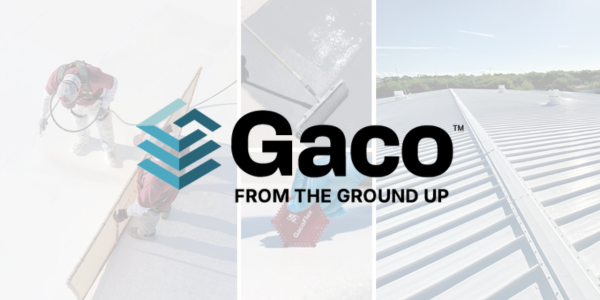Can Your Roofing Materials Stand Against Open Flame?

By Cass Jacoby, RCS Reporter.
Your choice of roofing material can make a big difference when it comes to saving your building from a fire.
Did you know there are roofing materials that are self-extinguishing? Most PVC membrane stops burning once you take away the heat source, whereas modified bitumen or TPO, which is 100% petroleum-based, will quickly fuel a fire.
PVC has chlorine at its base, including other ingredients in fire extinguishers, transforming the roof’s surface into a natural fire-retardant monolithic sheet. PVC thus helps to contain fire rather than spread the flames to the rest of the roof. Therefore, PVC scores high in safety as it exceeds Class A fire-rated requirements.
You can see for yourself how well PVC stands up against fire in this video comparing how TPO versus PVC burns. PVC is clearly more durable against fire.
Because of this, PVC inherently resists the spread of flame, and if a fire breaks out, it will not support the flame and slow the fire's progress, granting time to save lives and safeguard valuables
IB Roof Systems PVC membranes are part of this class of roofing membranes. Removing the ignition source from IB PVC material will be enough to extinguish the fire, helping protect the building.
IB’s membranes surpass ASTM standards for superior fire-ratings and waterproofing protection that withstand harsh elements. IB has another PVC membrane, IB ChemGuard, that protects against animal fats, cooking grease, motor oil, gasoline, acid rain and numerous other harsh chemicals.
Ultimately, you can use PVC to increase protection against fire. No one wants to lose a building because the material is 100% petroleum-based. Take preventative measures by selecting roofing materials that can help contain and prevent fires from spreading.
Learn more about IB Roof Systems in their RoofersCoffeeShop® Directory or visit www.ibroof.com.





-2025-xtv-mls-tour-2.png)















Comments
Leave a Reply
Have an account? Login to leave a comment!
Sign In